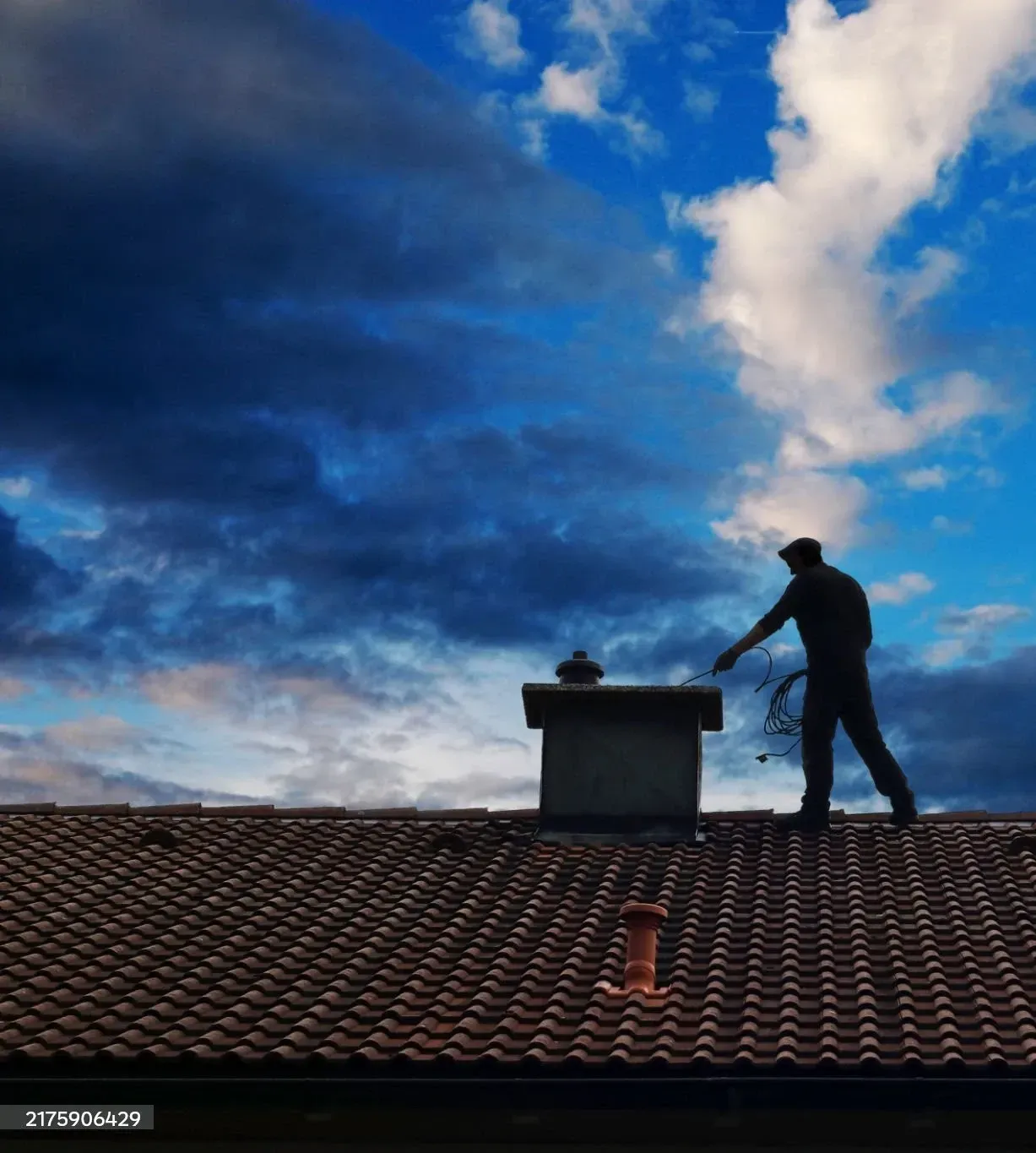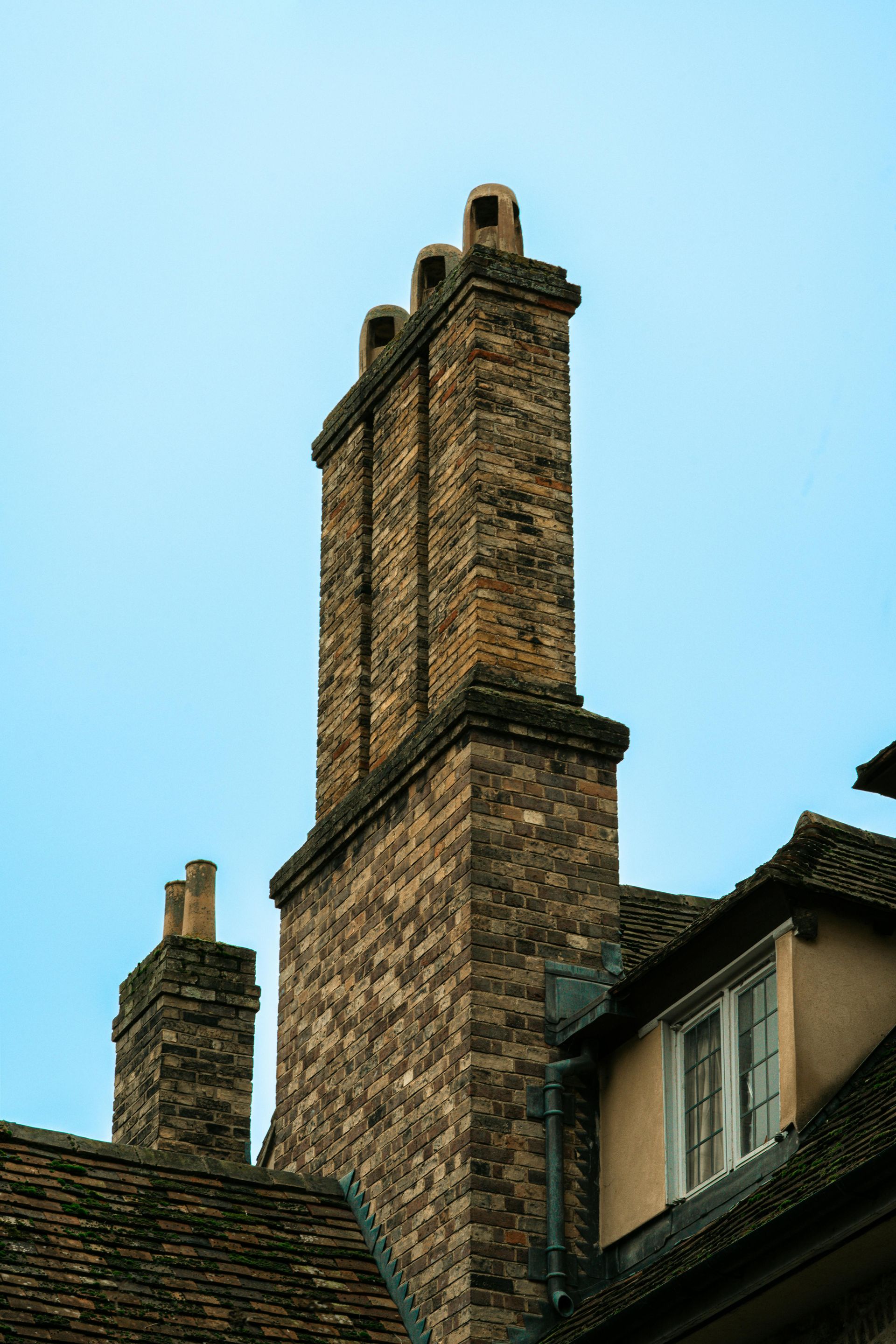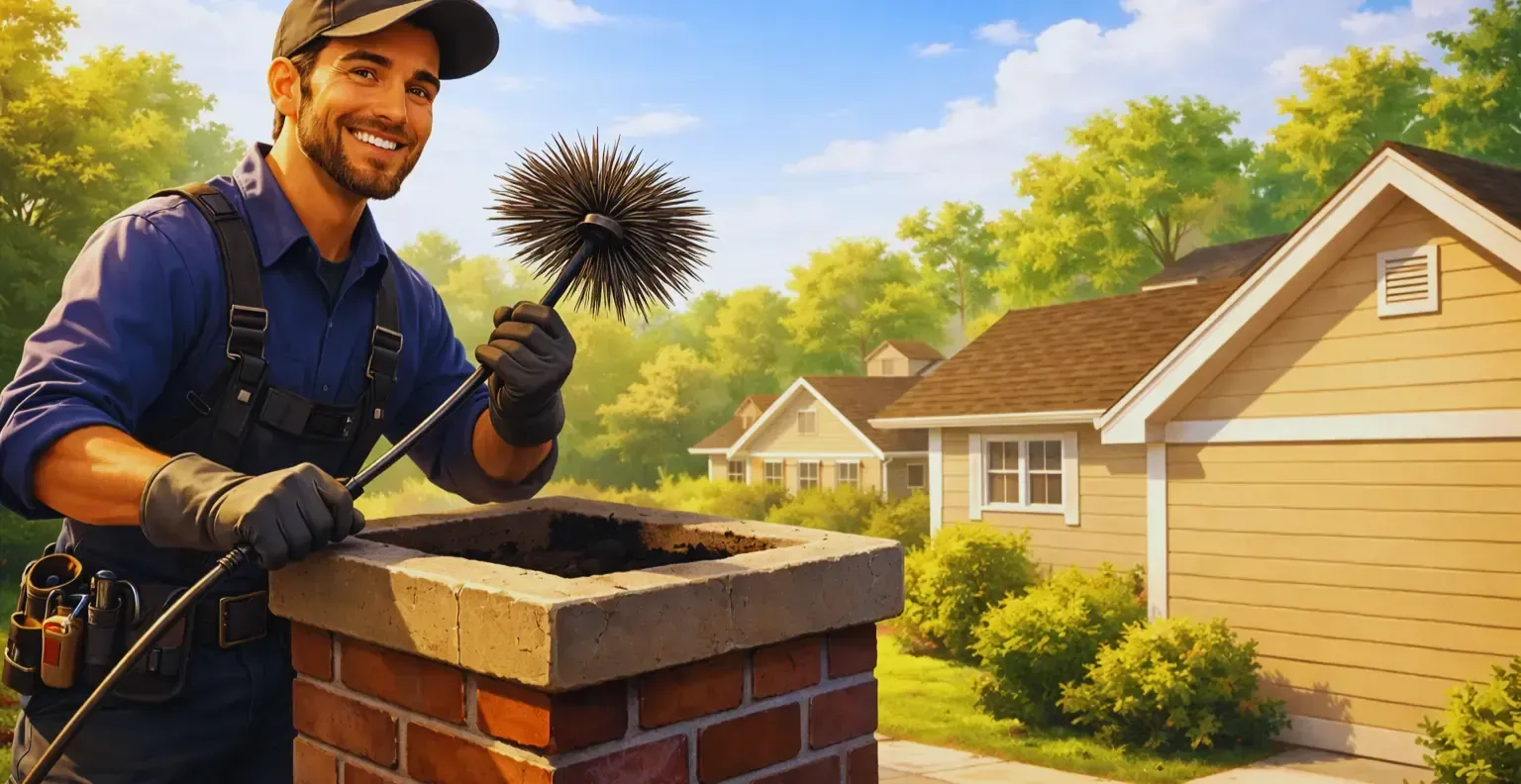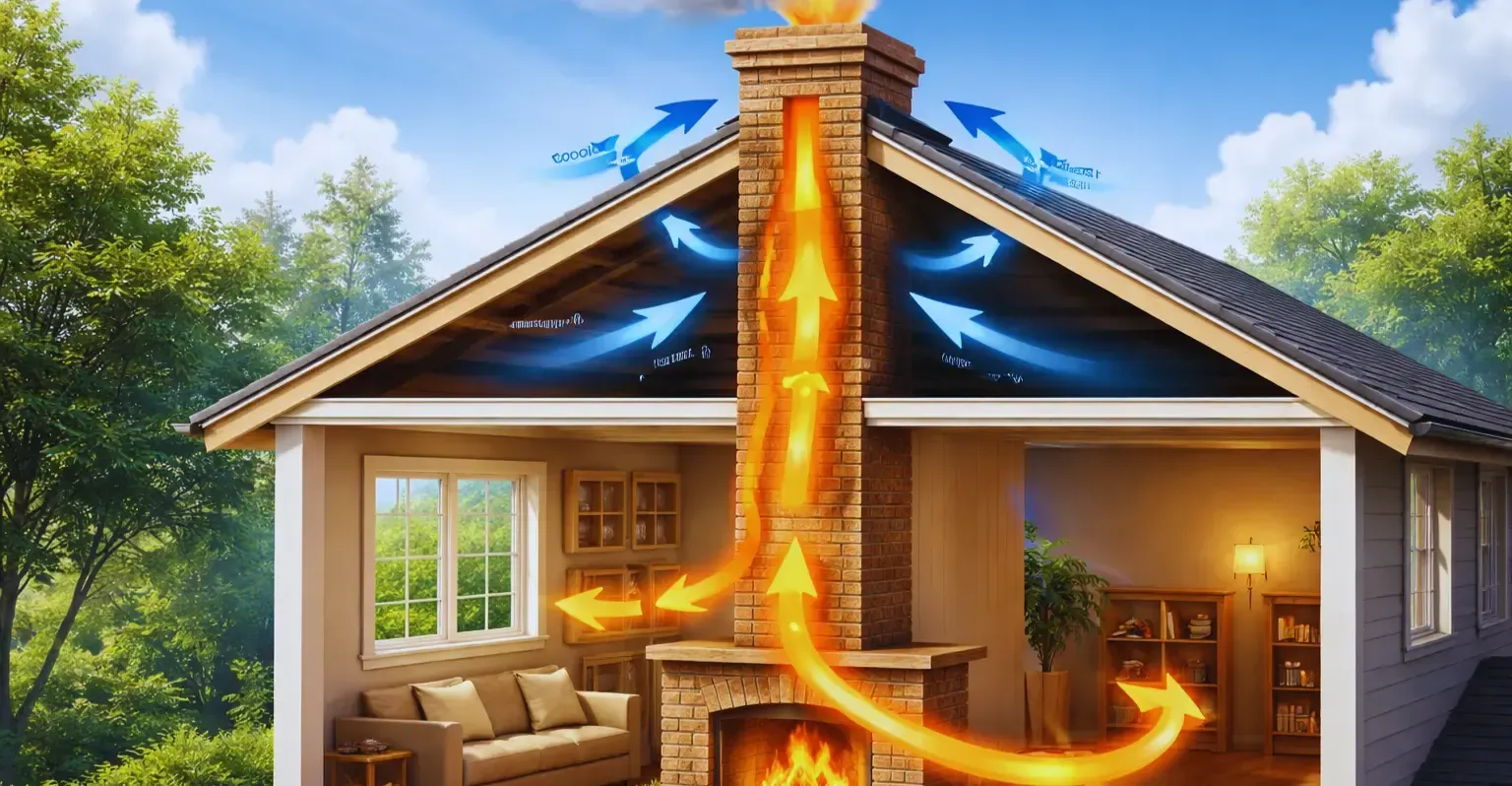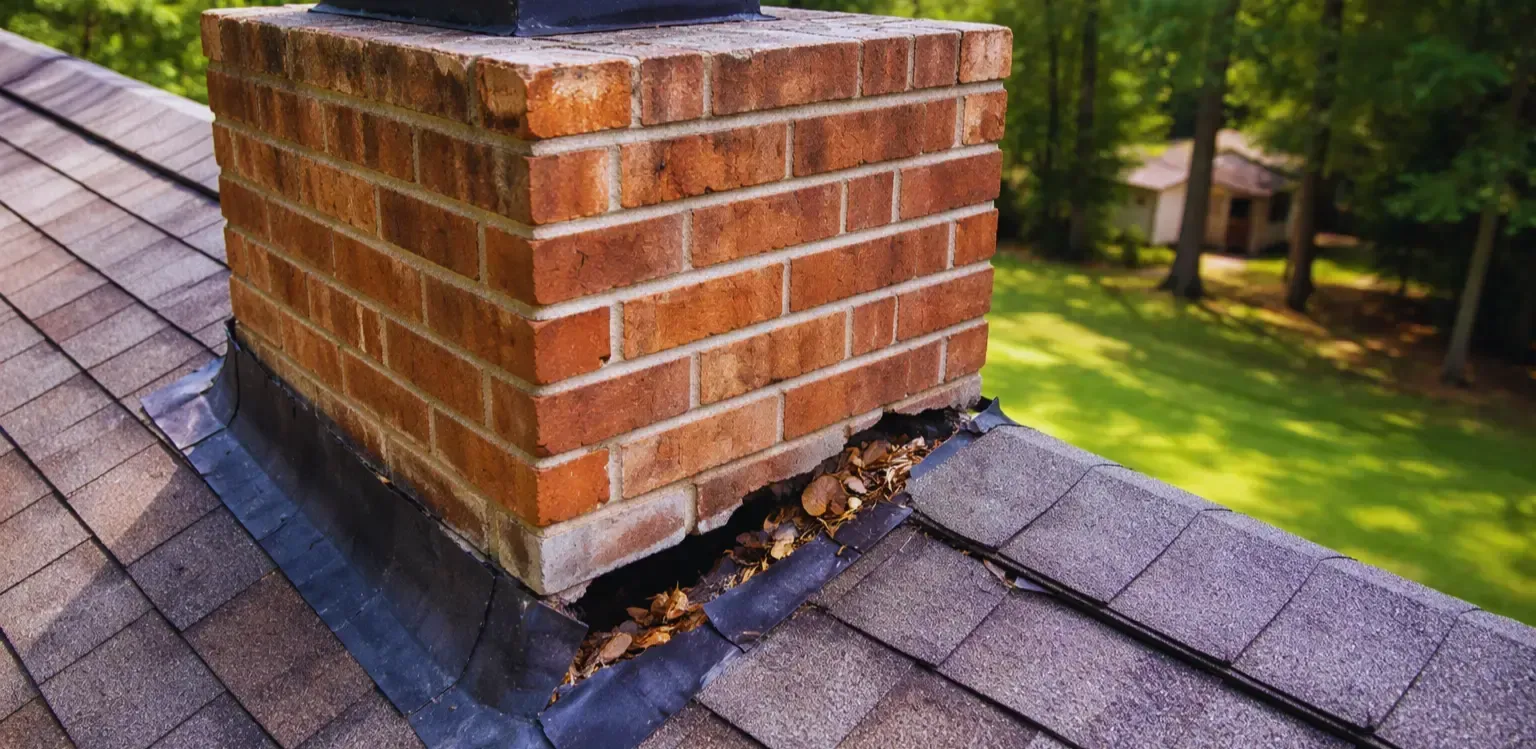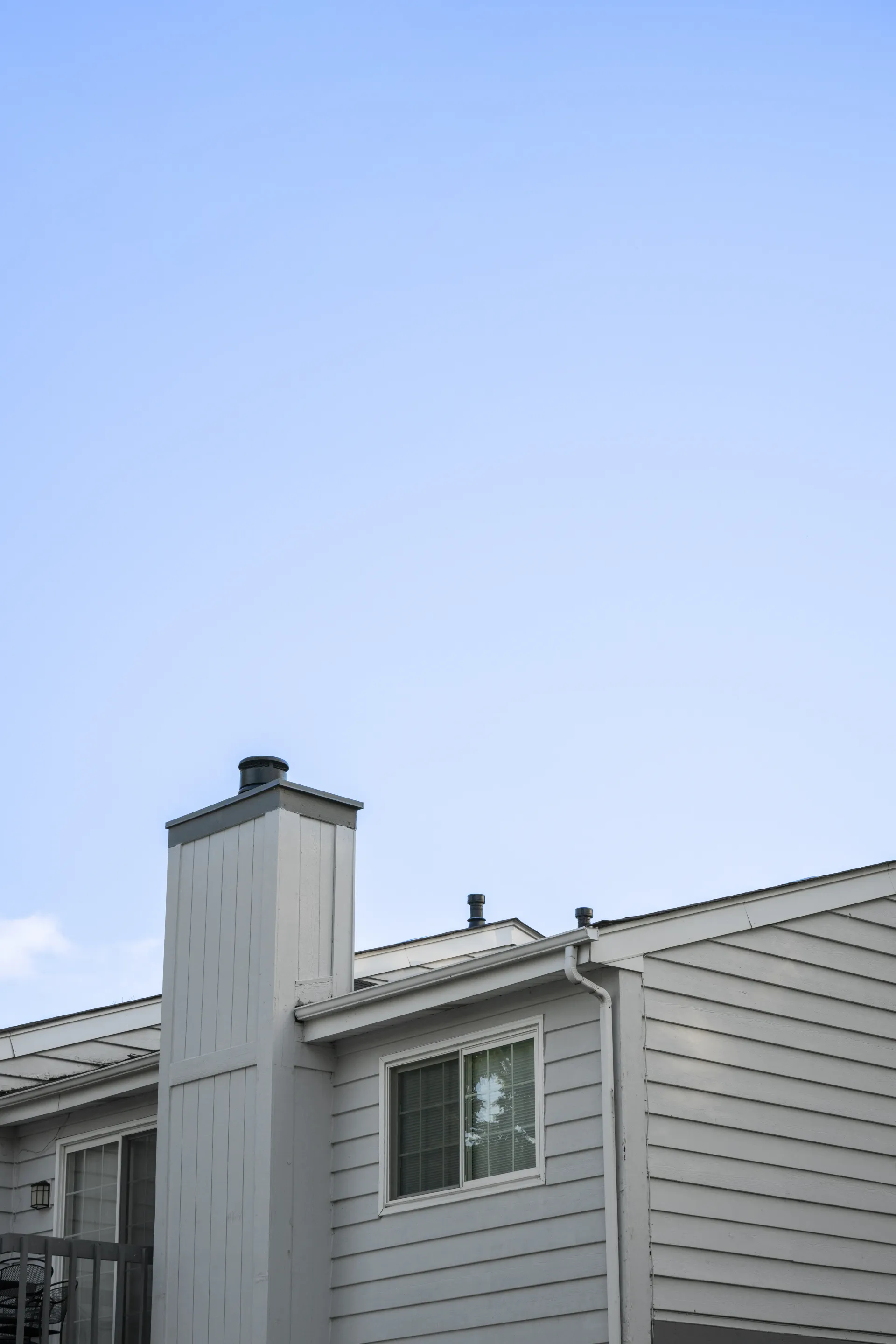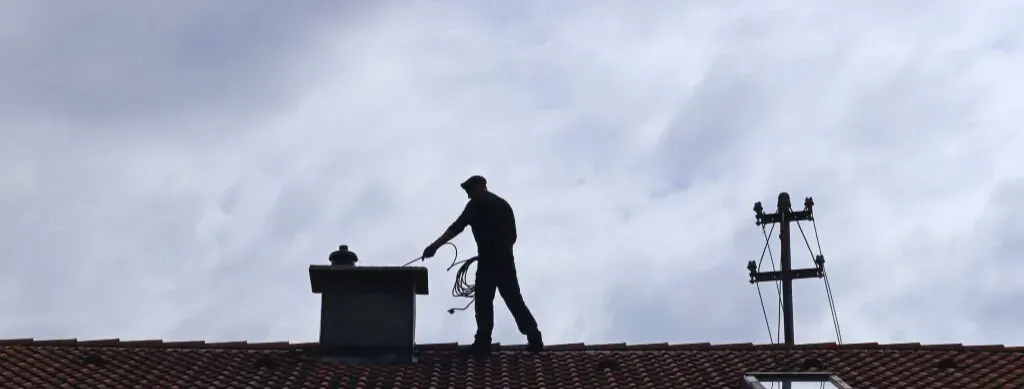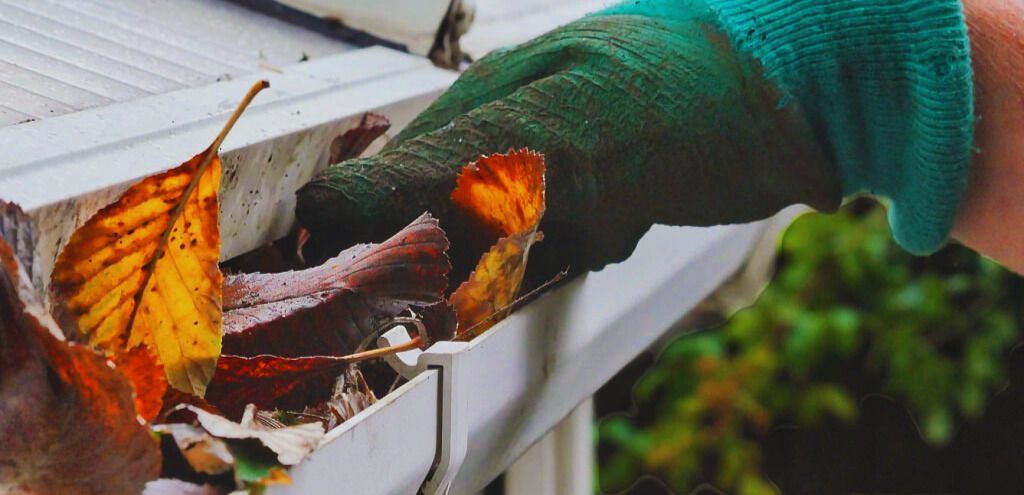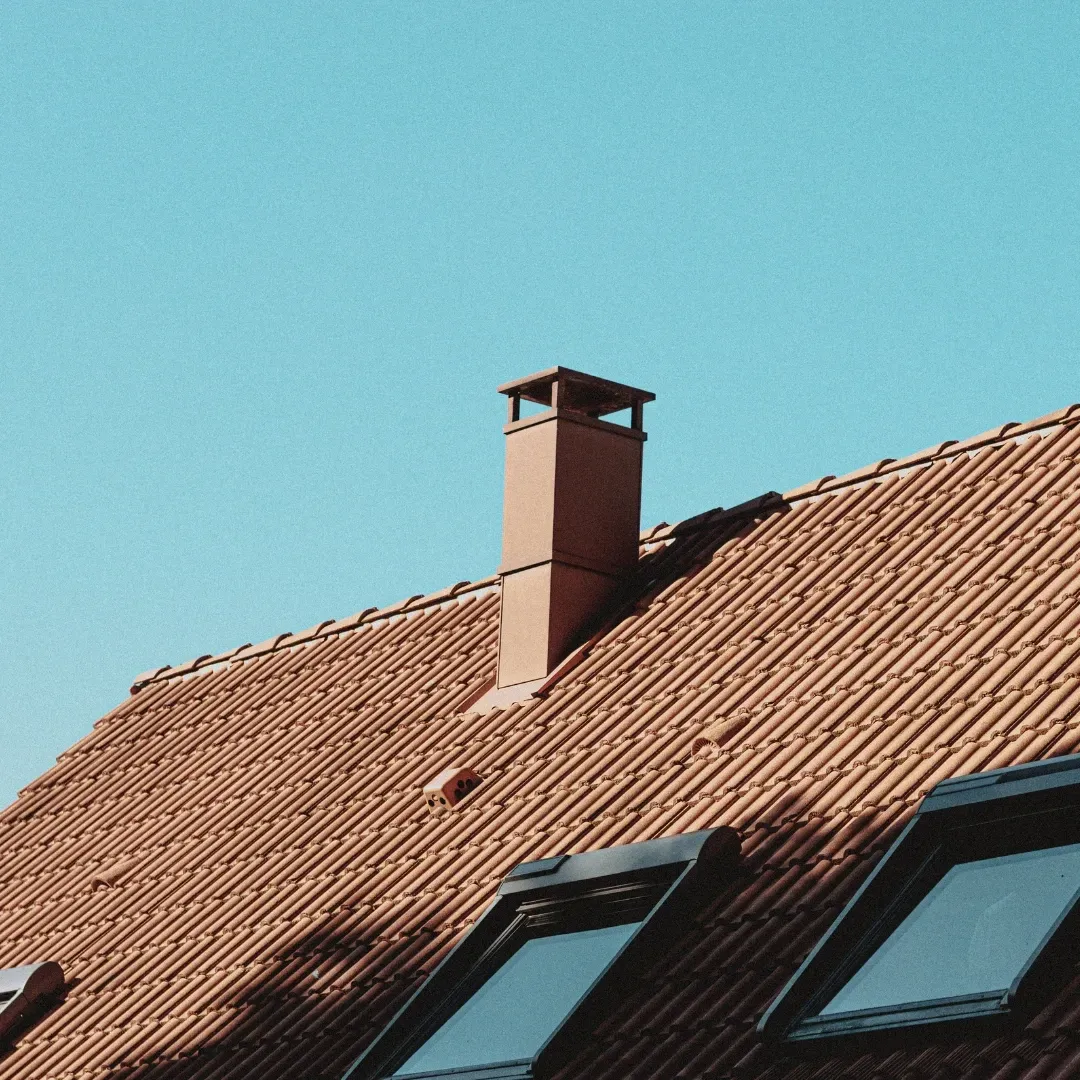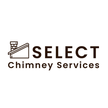The Hidden Dangers of Skipping Chimney Maintenance
Every year, thousands of homeowners unknowingly put their homes and families at risk by ignoring a simple, yet critical task—chimney maintenance. At first glance, it may seem like just another chore to delay. After all, if it’s not broken, why fix it? But what you can’t see lurking inside your chimney could be costing you far more than you think. From fire hazards to costly repairs, skipping chimney service can lead to dangerous consequences that are both avoidable and expensive.
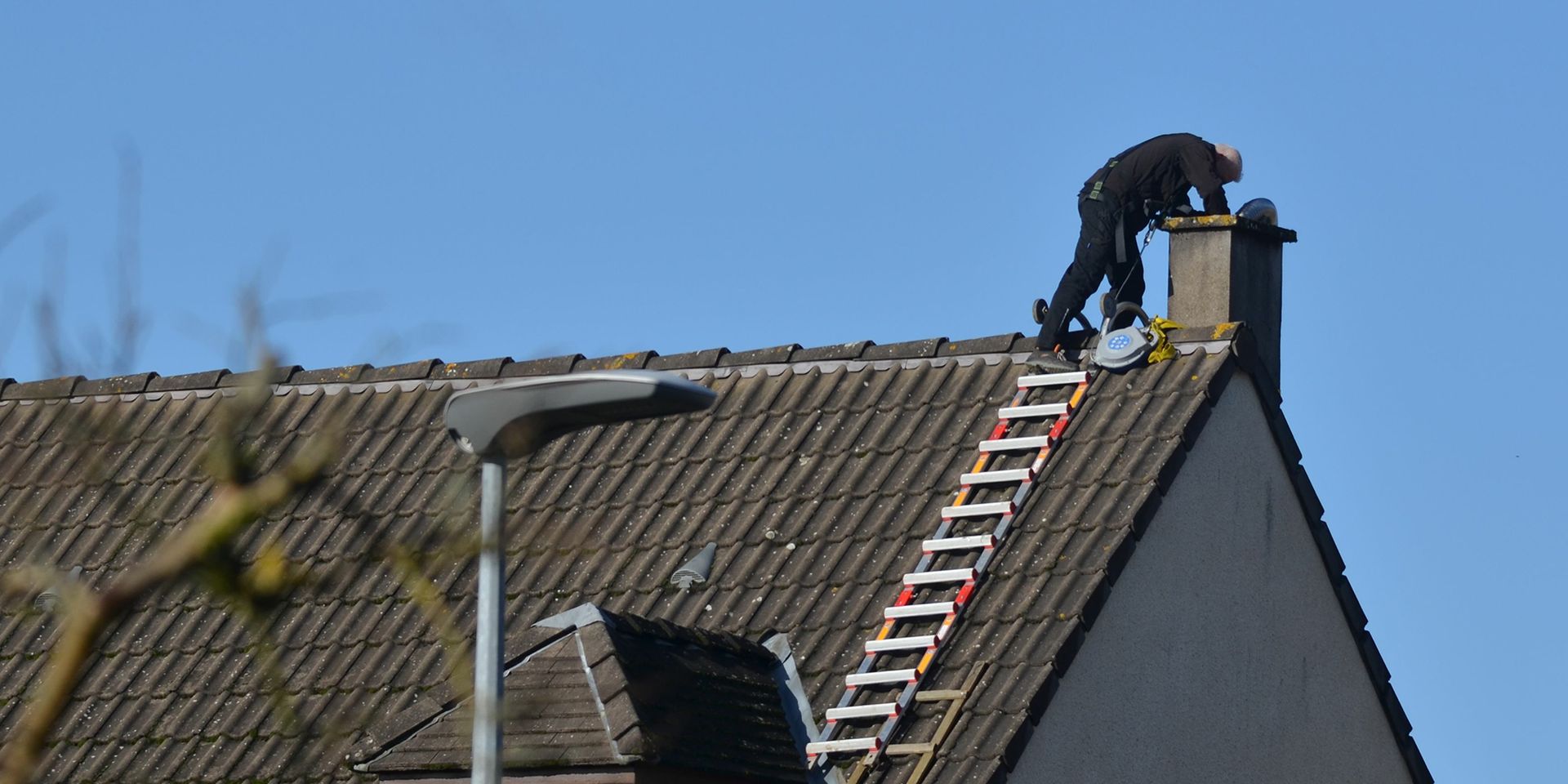
Introduction to Chimney Maintenance
Chimneys are often the most overlooked part of a home, especially when they aren't used daily. But just like your HVAC system or your roof, they need regular care. A well-maintained chimney ensures proper ventilation, safe operation, and improved energy efficiency in your home. Ignoring it, on the other hand, can slowly compromise everything from your indoor air quality to your structural integrity.
Understanding What’s at Risk
Neglecting chimney maintenance isn't just about soot buildup. There are several hidden dangers that develop silently over time. These dangers not only threaten your home but also the well-being of your family. From toxic gases to weakened brickwork, the impact can be more severe than most realize.
Fire Hazards Lurking in Dirty Chimneys
One of the most dangerous outcomes of poor chimney care is the risk of fire. Over time, a highly flammable substance called creosote builds up along the inner walls. When a fire burns in your fireplace, it releases smoke and gases. As they cool, they condense into this black, tar-like material. If the layer becomes thick enough, a single spark can ignite it—leading to a chimney fire that could spread quickly through your home.
Carbon Monoxide Poisoning
A blocked chimney prevents smoke and combustion gases from exiting your home properly. One of the most insidious gases is carbon monoxide—an odorless, invisible killer. Without proper ventilation, this gas can accumulate and pose serious health risks. In extreme cases, it can be fatal. Routine chimney inspections help identify blockages or ventilation issues before they turn deadly.
Structural Damage to Your Home
Skipping chimney maintenance doesn't just affect the chimney—it can impact your entire home. Cracks in the chimney liner or masonry allow water to seep in, leading to mold, mildew, and rot. Freeze-thaw cycles can cause bricks to crumble, resulting in leaning or even collapsed chimneys. Left unchecked, these repairs can cost thousands and may compromise your home's structural stability.
Animal Infestations in Chimneys
A neglected chimney becomes the perfect nesting ground for birds, squirrels, raccoons, and even bees. These creatures bring in debris, build nests, and can block airflow entirely. Not only do they present a fire risk, but they also introduce diseases and parasites into your home. The cost of pest removal and chimney cleaning skyrockets once animals settle in.
Smoke Damage and Indoor Air Pollution
Chimneys are designed to carry smoke and harmful gases out of your home. When clogged or damaged, smoke may backdraft into living spaces. This leads to soot stains, respiratory issues, and unpleasant odors. It affects your indoor air quality, especially dangerous for children, seniors, and those with pre-existing health conditions.
Legal and Insurance Consequences
Many homeowners are shocked to learn that insurance companies often deny claims for chimney-related fires if routine maintenance wasn’t performed. Local fire codes and home safety regulations also require annual inspections. Skipping them could expose you to liability lawsuits or insurance denial—especially if someone gets injured or property is damaged.
The Cost of Ignoring Regular Chimney Service
Think chimney inspections are expensive? Consider this: chimney fires, structural repairs, pest removal, and medical costs from carbon monoxide poisoning all dwarf the price of a yearly inspection. Regular Chimney Service saves money in the long run by catching issues early—before they become disasters.
How Often Should You Schedule Chimney Maintenance?
The National Fire Protection Association (NFPA) recommends annual chimney inspections, regardless of how often you use your fireplace. If you burn wood regularly, a cleaning might be required every 50-70 fires. Spring and fall are ideal times to schedule these check-ups to prepare for the heating season and address post-winter wear.
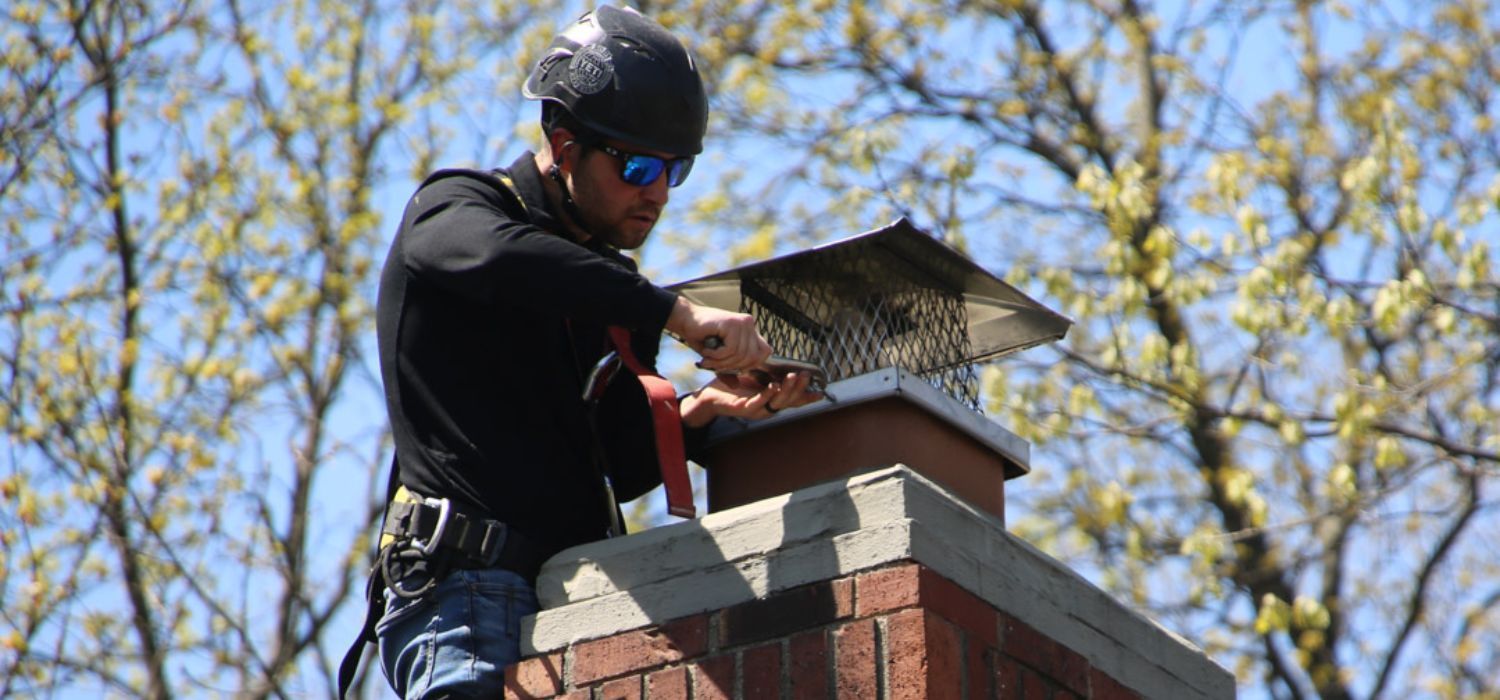
DIY vs. Professional Chimney Maintenance
While some homeowners try DIY inspections using flashlights or cameras, nothing beats the expertise of a certified technician. Professionals use video scans, creosote analyzers, and structural evaluations to ensure safety. Plus, they can spot early signs of damage that an untrained eye might miss. For peace of mind, trust the pros.
Signs Your Chimney Needs Immediate Attention
Be on the lookout for these red flags:
- A strong smoky or musty smell
- White staining (efflorescence) on bricks
- Black soot around the fireplace
- Difficulty lighting or maintaining a fire
- Visible cracks or missing bricks
If you notice any of these, it's time to Contact a chimney professional immediately.
Chimney Maintenance Checklist for Homeowners
Task Frequency
Visual Inspection Monthly
Check for Blockages Quarterly
Professional Inspection Yearly
Cleaning (if needed) Annually or biannually
Cap & Damper Check Seasonally
Seal Cracks or Mortar Joints As needed
Modern Tools and Techniques for Chimney Inspections
Today’s chimney inspections use high-tech tools like:
- Chim-Scan® Cameras for deep flue inspection
- Creosote meters to measure danger levels
- Moisture sensors to detect water intrusion
- Vacuum systems for dust-free cleaning
These technologies improve accuracy and reduce mess during the maintenance process.
Benefits of Regular Chimney Service
Routine maintenance offers more than just safety:
- Improves heating efficiency
- Extends the lifespan of your chimney
- Prevents emergency repairs
- Enhances home resale value
- Reduces health risks
Scheduling a regular Chimney Service is a small step with big rewards.
How Chimney Neglect Affects Property Value
Prospective buyers often hire inspectors to assess chimney health. A neglected, damaged chimney can be a deal-breaker. Unrepaired cracks, poor ventilation, or signs of fire damage can slash property value or cause a failed sale. Regular maintenance ensures your home remains competitive on the market.
Choosing a Reliable Chimney Service Provider
Look for:
- Certification (e.g., CSIA or NFI)
- Years of experience
- Positive reviews and testimonials
- Clear pricing and service breakdowns
- Emergency availability
Ask questions about tools, warranties, and cleanup protocols before hiring.
When to Contact a Chimney Expert
Don't wait for a problem to erupt. Contact a chimney professional if:
- You haven’t had an inspection in over a year
- There’s a strange odor or smoke buildup
- You hear animals or strange noises inside
- You see water damage near the chimney
Use this Contact form to get help today.
FAQs About Chimney Maintenance
What is the number one cause of chimney fires?
Creosote buildup. It’s a flammable substance that forms from burning wood and must be cleaned regularly.
How much does chimney cleaning cost?
On average, between $150–$350 depending on the size and condition.
Can I clean my chimney myself?
While possible, it's not recommended unless you have the proper tools and experience.
How do I know if my chimney is safe?
Schedule a professional inspection annually. They’ll check for blockages, cracks, and creosote.
Is chimney maintenance needed for gas fireplaces?
Yes, blockages and ventilation problems can still occur even if no wood is burned.
Can animals really get stuck in chimneys?
Absolutely. Birds, raccoons, and squirrels often nest in uncapped chimneys, creating serious fire risks.
Conclusion and Final Thoughts
Skipping chimney maintenance might seem harmless at first, but the consequences can be devastating. From house fires and carbon monoxide to expensive repairs and insurance nightmares, it's simply not worth the risk. Protect your home, your family, and your future with regular Chimney Service. Prevention truly is the best protection.
Links
